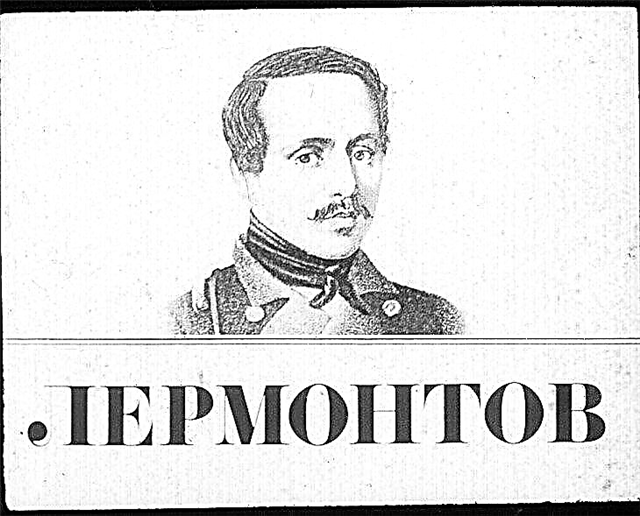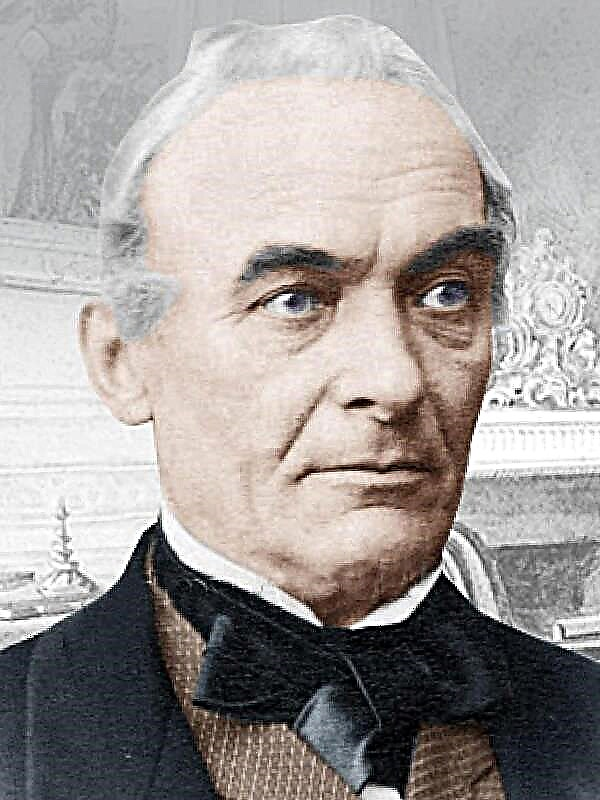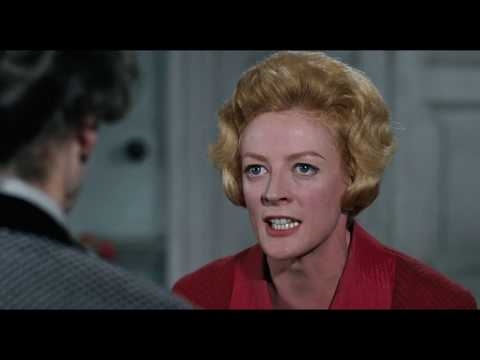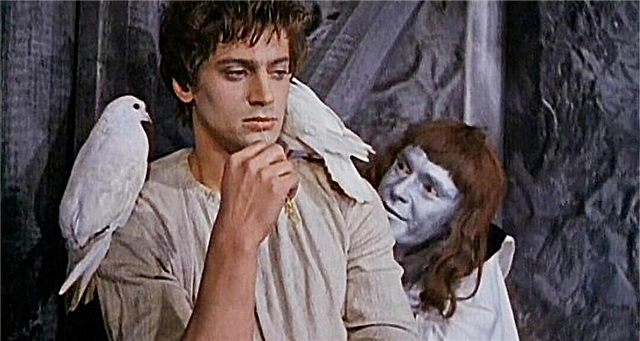(313 words) M.A. Gorky is a famous Russian writer who wrote the socio-philosophical drama “At the Bottom”. The problems posed in the play pose every reader with a moral choice: to lie for the good or to tell the truth, despite the pain inflicted on the person. The preacher of virtuous deception is the wanderer Luke, whose image plays a crucial role in the play.
Luke's appearance is already deceiving: he is a 60-year-old bald man with a knapsack behind his shoulders and a staff, but he has a strange past, apparently, a runaway convict who escaped from Siberia in search of a better life. Be that as it may, the wanderer comes to a shelter and promises every person deliverance from an “unjust” life. He advises Anna not to be afraid of death, because God will reward the suffering woman according to her deserts. He promises the actor a cure for alcoholism, and Peplu - the possibility of a happy life with Nastya in Siberia. At the same time, the delighted poor people do not change their existence after the words of Luke, despite the obvious desire. They are waiting for the outstretched hand of a preacher to lead them forward. But the eloquent old man disappears as suddenly as appears in the life of the poor. Everything goes the old way, only from vain hopes does the heroes get worse.
The peculiarity of Luke as a person is that he gives a chance for "healing", but does not follow every step of the "patient". He is distinguished by humanity, in every poor person he sees a valuable member of society who is simply unlucky. This is because the old man was "crushed a lot." He is affectionate and gentle, insightful and intelligent - that is how the inhabitants of the day speak of him. The hero also believes in God and says that everyone needs to feel sorry for others in time, as Christ did. For example, in support of his words, Luke was not afraid to instill confidence in a dying life after death, while Sateen oppresses her with his cruelty.
Thus, Luke is a kind and sympathetic person who is ready to help everyone. He undoubtedly tells tales of a happy life, but explains this by saying that the truth is too terrible for a person who is “at the bottom”. People’s inability to reconcile with reality is explained by nothing more than their weak spirit, and not Luke’s “lies”.












